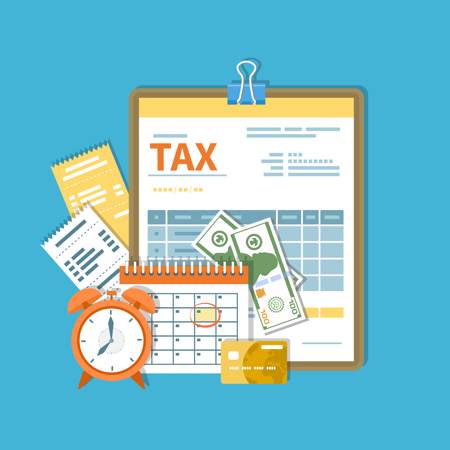 Introduced in 2013, Universal Credit aims to reform the benefits system by replacing existing income-related benefits, namely:
Introduced in 2013, Universal Credit aims to reform the benefits system by replacing existing income-related benefits, namely:
- Housing Benefit
- Income Support
- Child Tax Credits
- Working Tax Credits
- Income-based Jobseeker’s Allowance (JSA)
- Income-related employment and support allowance (ESA)
Under this scheme, recipients who are out of work or on a low income will receive a single monthly payment to assist with living costs.
The objective of Universal Credit is to simplify the welfare system, help get people back into work, reduce in-work poverty and help detect fraud and error. However, it isn’t without controversy. The Government has made a vague promise that existing tax credit recipients will not lose out through Universal Credit, and the Secretary of State for Work and Pensions announced that the Department of Work and Pensions (DWP) had succeeded in helping 3.4 million people find employment since 2010.
But other institutions are less optimistic. The Institute of Accountants in England and Wales (ICAEW) said that ‘by and large, the new system will be less generous to claimants than tax credits’.
What’s the difference between Universal Credit and the existing Tax Credit system?
There are some key differences between the systems:
- Claimants will now receive a single monthly payment
- More people will be able to manage their claim online
- It will be available to those who are in work but have a low income
The amount of the single monthly payment will depend on an individual’s circumstances. It is made up of a single monthly allowance, supplemented by additional elements for childcare, limited capability for work, housing and carers.
The single monthly payment is supposedly designed to reflect the salary system of the vast majority of employed people receiving wages monthly. According to the government, Universal Credit will thus encourage claimants to take more responsibility for their finances and also prepare people for the transition into work.
What do you need to do if you currently receive Tax Credits?
The short answer is nothing. HMRC has made it clear that the Tax Credit Office will contact those affected by the changes. At present, there are more than one million people on universal credit and the government’s plan is to roll it out for almost seven million people by 2023. To find out if you’re eligible to receive Universal Credit, see this step-by-step guide on the gov.uk site.
Will Universal Credit affect child maintenance payments?
Universal Credit will not replace Child Benefit, which recipients will still receive in addition to Universal Credit. This will also not affect the amount of Universal Credit that claimants are entitled to. In addition, Universal Credit will not affect Bereavement Allowance, Carers Allowance, Disability Living Allowance, Maternity Allowance, among others.
Is Universal Credit taxable?
Universal Credit is a tax-free state benefit, which means the monthly payments are not considered taxable income. While other benefits may be taxable, the government supports Universal Credit recipients through this state-benefits system.
For more information, the DWP has produced an FAQ document which is useful. Alternatively, you can contact our tax accountants to if you have any questions.
Published on 09 Jan 2013 and updated on 06 Feb 2019, this blog is intended to provide information of general interest about current business/ accounting issues. It should not replace professional advice tailored to your specific circumstances.
